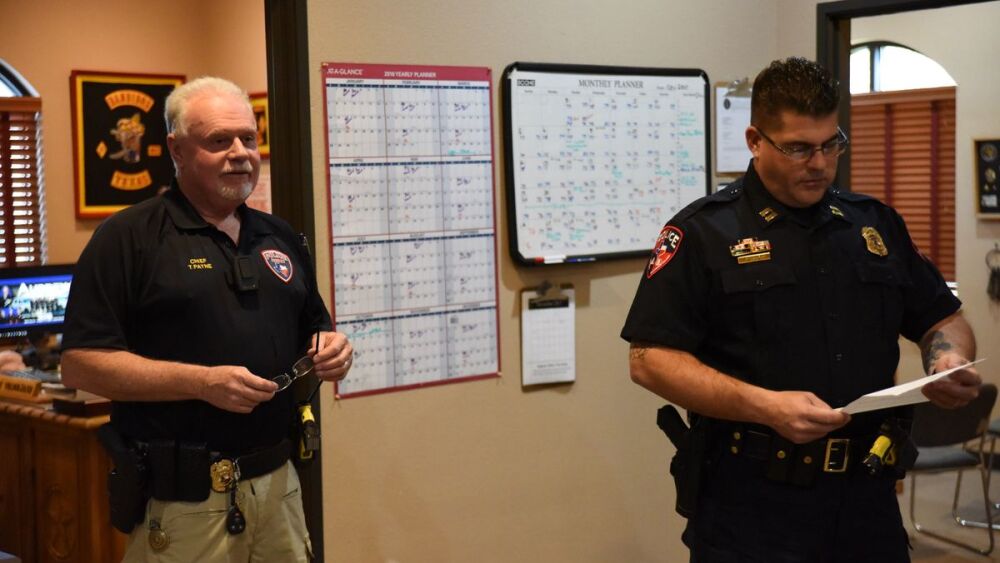Unfortunately, all supervisors or managers are not leaders. A good cop is genuinely a leader to the community they serve. But everyone in a position of authority is not really a leader. A well rounded leader possesses the 3 Cs: character, charisma, and compassion. These are the core foundation of ethical leadership.
Character
Character starts with setting an example of good morals and values. Leaders with good character ascribe to the principles with their oath of office, support their department’s mission statement, and communicate their vision frequently. There is no substitute for character. With that in mind, nobody is perfect. Only time and a pattern of excellence will build evidence of one’s true character and integrity. Your character is your personality’s fingerprint. Just as you can burn your fingers and permanently alter your fingerprint, you can do the same for your character. You are either ethical or your not. There is no middle ground.
“Day by Day, what you chose, what you think, and what you do is who you become. Your integrity is your destiny…”
-Heraclitus, Greek Philosopher
To be a good leader, you must be ethical all the time. Ethics is the foundation of our profession and leaders must display their integrity like a badge of honor. Dichotomy exists between leaders and appointed authority who guide under a ‘do as I say, not as I do’ philosophy. That style of management is not leadership but is hypocritical and will be seen as a character flaw by colleagues and line officers.
Charisma
Charisma has also been referred to and defined as Referent Power. That power is based upon the attractiveness or the appeal of one person to another. This appealing power is usually admired because of the leader’s charismatic ability to inspire. Referent Power is most recognized among the successful supervisors of police departments and the military. Most officers and soldiers prefer the leader who possesses charisma. General Eisenhower, Billy Bratton, and Michael Jordan are examples of influential leaders with charismatic attributes.
“I care more about being a leader than being liked, especially when I see someone with ability who isn’t trying his hardest.”
-Michael Jordan
“I never saw a pessimistic general win a battle.”
– Dwight D. Eisenhower
Compassion
Compassion is a part of every law enforcement officer’s job. I am referring to the type of genuine compassion patrol officers display while they handle crime victims, or the way they independently respond to medical calls just to try and help. Supervisors, by virtue of their administrative duties, tend to lose sight of compassion for their officers. They are the backbone of every department. A good leader balances discipline and concern. Getting to know your officers, finding out why they may be having difficulty, and offering assistance reassures officers and builds their confidence in you. You were an officer first, then a supervisor. It is important not to lose sight of what difficulties you experienced and guiding officers compassionately, when appropriate, instead of directing them constantly. Lend your ear, open your heart, and the presence of your altruistic leadership will surround your staff.











